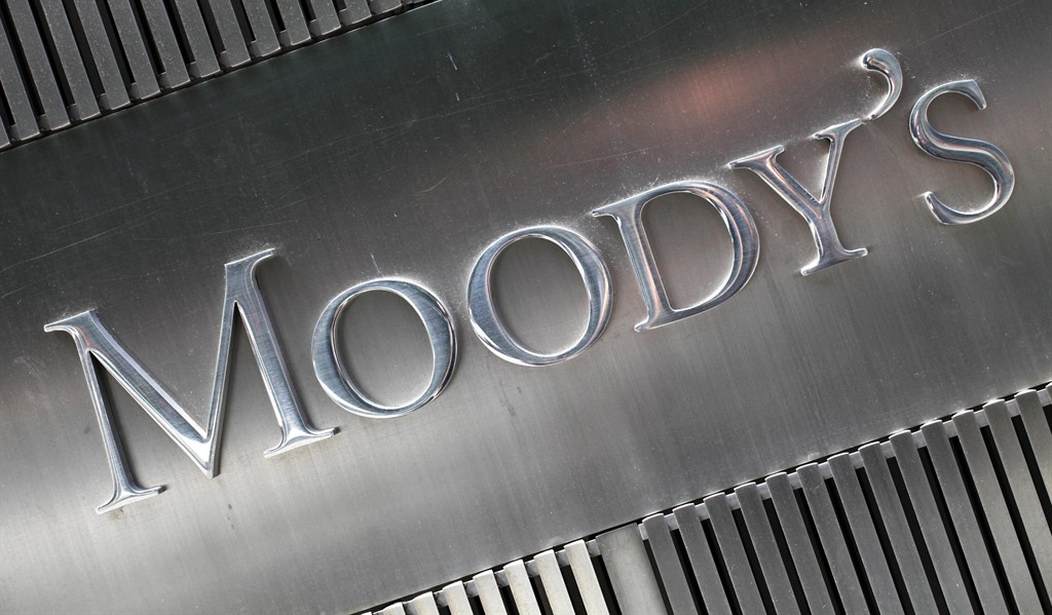With the third Trump indictment and the Hunter Biden saga dominating the news, it’s easy to see why this story slipped through the cracks. It’s also part of the wider economic crisis looming right around the corner: commercial real estate. The office workplace has not recovered since the pandemic, and property values have plummeted, causing a string of strategic foreclosures nationwide. Moody’s issuing downgrades underpins that emergency, along with ample warning that a recession could be coming in 2024 (via Reuters):
Moody's cut credit ratings of several small to mid-sized U.S. banks on Monday and said it may downgrade some of the nation's biggest lenders, warning that the sector's credit strength will likely be tested by funding risks and weaker profitability.
Moody's cut the ratings of 10 banks by one notch and placed six banking giants, including Bank of New York Mellon, US Bancorp, State Street and Truist Financial on review for potential downgrades.
"Many banks' second-quarter results showed growing profitability pressures that will reduce their ability to generate internal capital," Moody's said in a note.
"This comes as a mild U.S. recession is on the horizon for early 2024 and asset quality looks set to decline, with particular risks in some banks’ commercial real estate (CRE)portfolios."
Moody's said elevated CRE exposures are a key risk due to high interest rates, declines in office demand as a result of remote work, and a reduction in the availability of CRE credit.
We could see something similar to the 2008 financial crisis, and it’s even more disconcerting that we have a president riddled with dementia at the helm. Over at Hot Air, who highlighted the Reuters piece, Ed had this to say:
Recommended
The end of the pandemic lockdown has not yet reinvigorated CRE demand — and likely never will. This may yet turn out to be a bubble, although probably not on the same scale as the mortgage-backed securities of 2008. It’s still another way in which the lockdowns — largely unnecessary and entirely so after health care resources were marshaled — did a lot more damage than good.
Everyone brace for impact.

























Join the conversation as a VIP Member